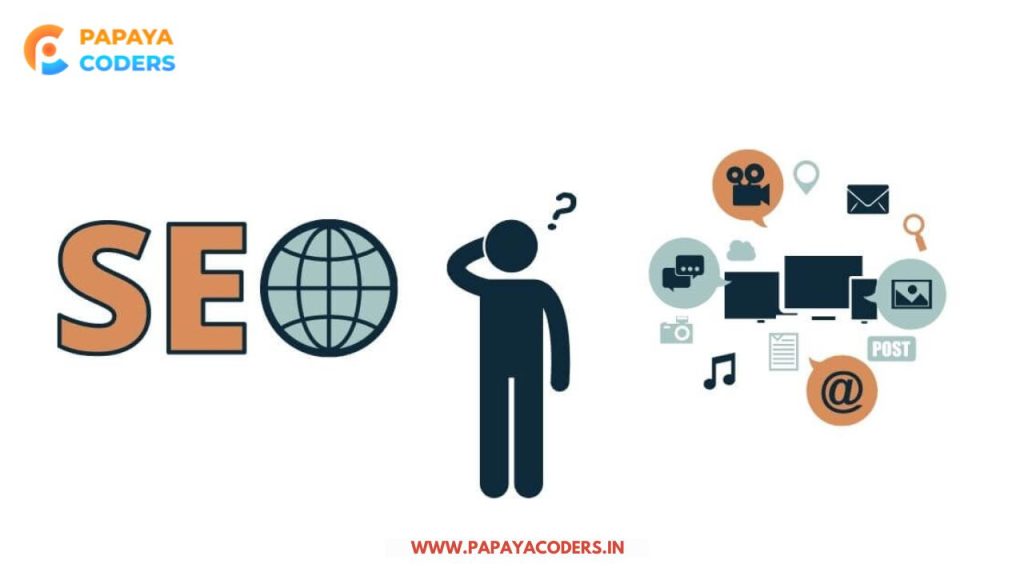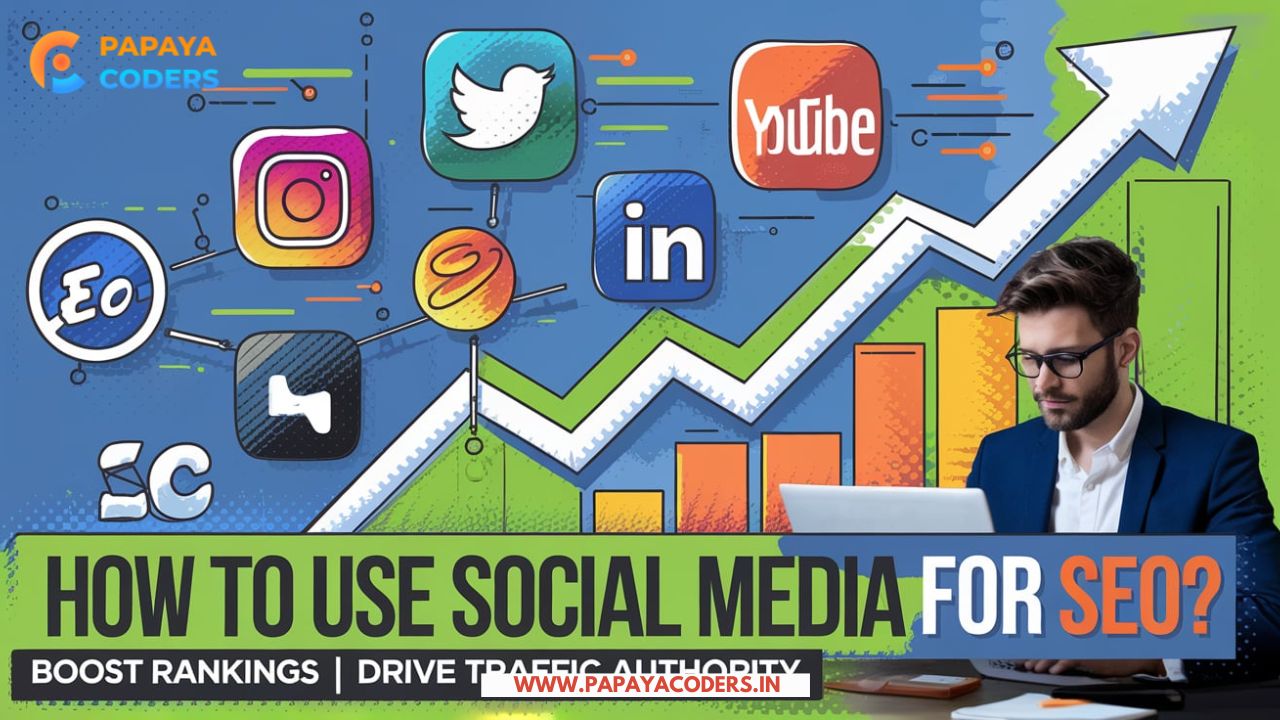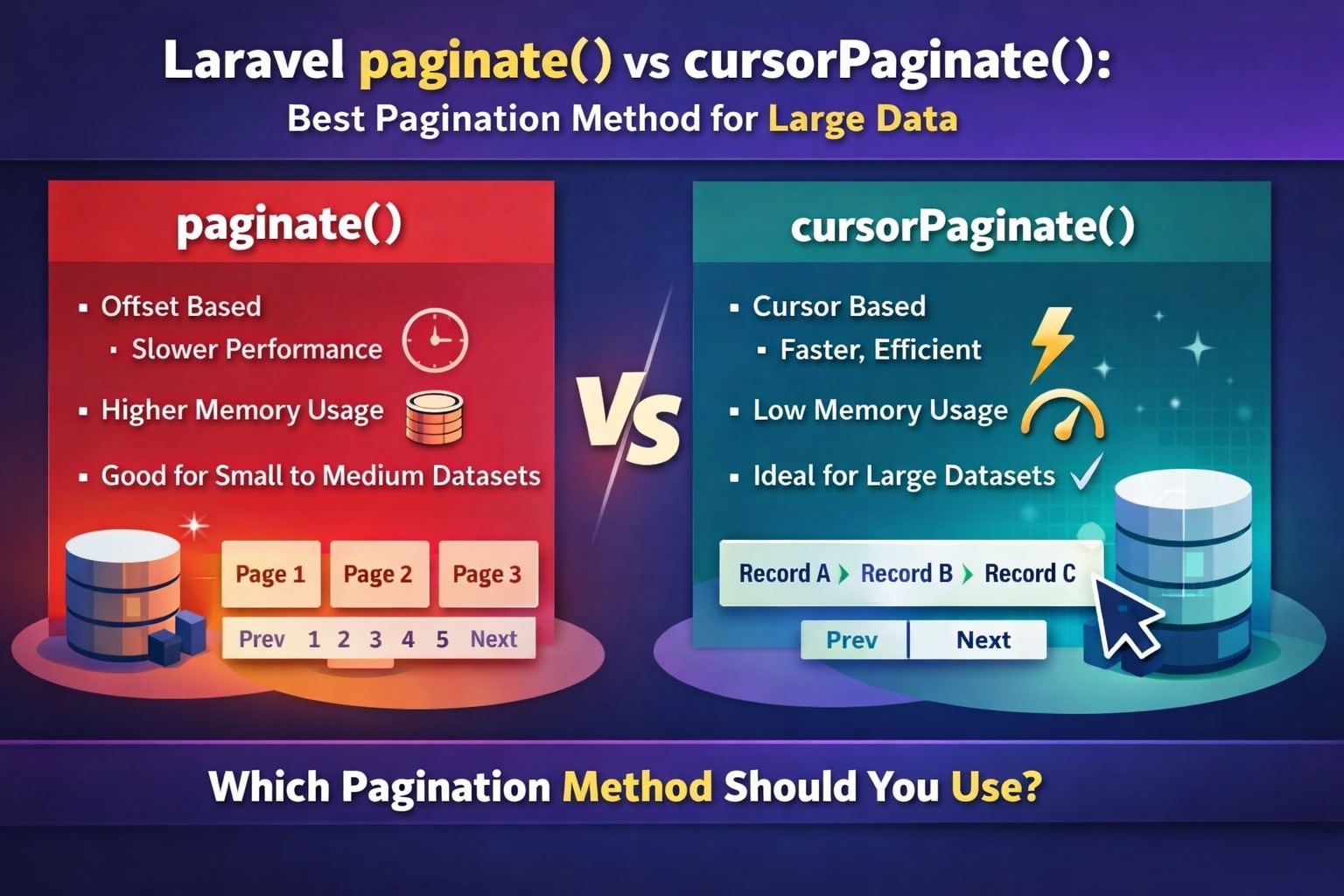While ranking a site on search engines takes more than keywords and backlinks, social media marketing for SEO also plays a massive role in increasing visibility, driving traffic, and improving online presence.
Now you should know How do You use social media marketing for SEO? When used correctly, social platforms can do wonders for your SEO and potentially help put your brand and business on the map.
How Social Media Helps SEO?
When search engines determine a website’s ranking, many factors, including social signals, are considered. Social media alone does not have straightforward authority over rankings, but it still impacts critical ranking factors like traffic, engagement, and brand visibility.
When users share, like, or comment on your content, it signals viewers to say, “hey, this site is valuable.” The more engagement your site garners, the more visible it becomes, which translates to the fact the site gets more and more visitors, thereby selling itself to the search engines.
As such content is of high traffic, ranking needs to be higher. A strong presence on social platforms aids in building qualification and increasing your brand recognition.

Creating Shareable Content
Now that we have a clear understanding of content and its types let’s discuss the basis of social media visibility: contact and engagement; posts that resonate with their target audience are most likely to be shared more often. Make your posts more share-worthy by placing a value, emotional aspects, or solving a problem first.
Posts discussing the frequently asked questions are known to garner attention, while infographics stuffed with valuable data make the information easy to digest. Finally, short videos keep the audience attached through tips or tutorials, while polls and questions invite responses and discussions.
When other people share your content, they leverage it with a newfound audience base for your brand. More exposure drives more traffic to your website visits, translating into continued movement toward better organic search rankings over time. But again, assuming that what you create is educational, entertaining, or motivating makes your content more shareable; thus, it is best to understand what values your audience is holding.
Read also:
- Python vs Java, which is better: Which One Reigns Supreme?? [2025]
- How to Check Website Traffic 5 Free Tools [Update 2025]
Using Keywords in Social Media Posts
With social media pages being indexed by search engines, the right keywords can enhance your profiles and posts to be easily searched. Incorporating these keywords in captions, hashtags, and descriptions will help fetch more views.
Use keywords in a manner that fits naturally into the text. Keywords should never feel forced or exceed a user’s attention span for engagement. Moderately balanced posts work best for reader engagement without being overwhelmingly informed yet poorly readable.

Driving Traffic to Your Website
One of the strongest connections between social media and SEO is traffic generation. You create more click opportunities when you share blog posts, product pages, or other website content on social platforms. To encourage users to visit your website, write compelling captions that spark curiosity or offer valuable insights.
Posts with eye-catching visuals tend to perform better, as they immediately grab attention. Sharing content when your audience is most active increases the chances of engagement, and responding to comments keeps the conversation going.
A steady flow of traffic from social media tells search engines that people find your website valuable. The more people visit and interact with your content, the better your chances of ranking higher in search results.
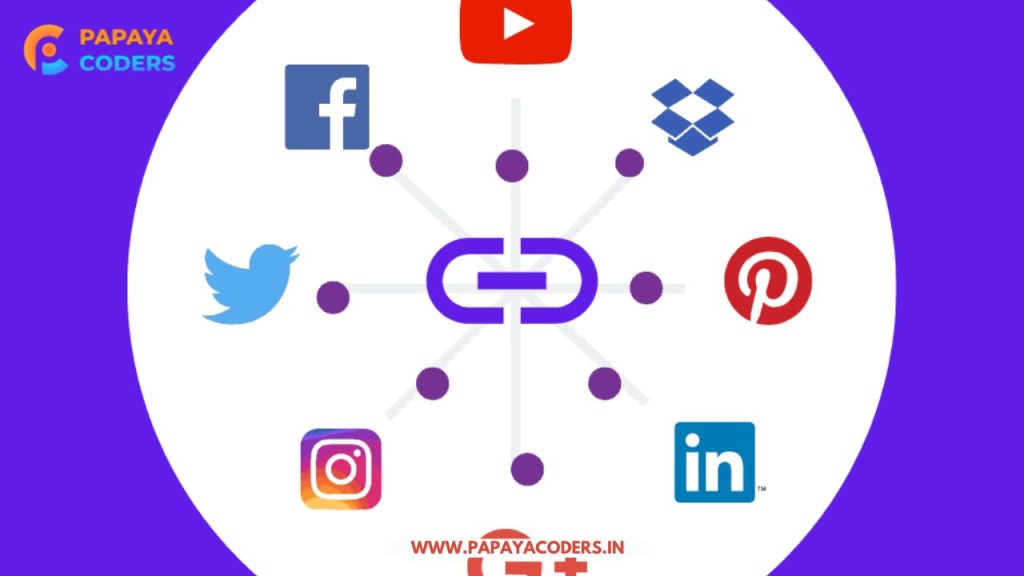
Building Backlinks Through Social Media
Backlinks remain one of the most substantial ranking factors for SEO. When reputable websites link to your content, it increases credibility and trust. Social media can help generate backlinks by putting your content in front of bloggers, journalists, and industry leaders.
When people discover helpful information through social platforms, they may reference it in their content. This creates opportunities for natural backlinks, which strengthen your SEO efforts.
Building relationships with other influencers and participating in online discussions are additional chances of getting backlinks. Your content should be visible and highly valuable so others are encouraged to share and link to it.
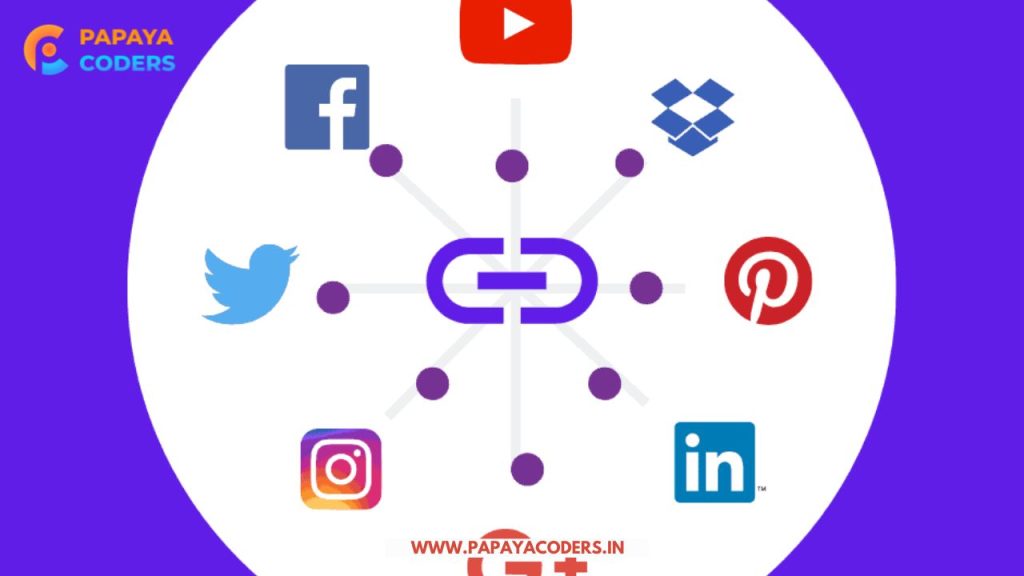
Boosting Engagement Signals
Engagement metrics like likes, comments, and shares suggest your content is interesting. A highly engaged post reaches more users, provides more visibility, and fosters increased brand awareness. Social media platforms favour content that receives interactions, further amplifying the post’s exposure.
Fostering conversations by asking questions or commenting back creates a community around your brand. Establishing an active and engaged audience increases their chances of visiting your website, chewing through your content, and sharing it.

Strengthening Brand Authority
When users see a brand consistently sharing valuable content, answering questions, and engaging with followers, they will be likelier to see it as an industry leader. Search engines take brand authority into account, and a well-maintained social media presence will support SEO efforts.
Credibility may be built by sharing industry insights, participating in trending conversations, and showcasing expertise in informative posts. The better a brand is recognized and respected, the better it fares in search ranking.

Encouraging User-Generated Content
Entries with automatically relatable pearls of wisdom line the first pages of search engines. Get others to share the product and its use while you seem credible and trustworthy. Persuade users to tag you in their posts or encourage posts on branded campaigns and reviews to raise your engagement and visibility.
Content generated by users often gives them access to entirely new audiences, strengthening an organization’s online presence. Once search engines see that a brand is actively updating and interacting, there cease to be barriers between a remedy with its substandard search rank and great authority, also known as gradually better ranking.

Adapting to Social Media Trends
Social media constantly evolves, and keeping up with trends can enhance your SEO strategy. Platforms frequently update their algorithms, affecting how content is distributed and discovered. Staying informed about these changes ensures that your content remains relevant and visible.
Experimenting with different formats, such as live videos, stories, and short-form content, can help capture audience attention. Monitoring analytics provides insights into what types of posts perform best, allowing for adjustments that maximize engagement and reach.

The Connection Between Social Media and SEO
Social media does not influence search rankings; it drives traffic, leans toward built credibility, and increases online visibility. A robust presence on social platforms complements one’s SEO efforts by way of visitors drawn to the site, audiences engaged, and sharing opportunities for backlinks.
Continuous sharing of valuable content, engaging in dialogue, and remaining in sync with the platform results in long-term social media marketing and SEO benefits.
